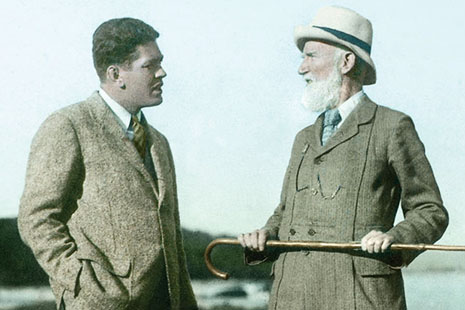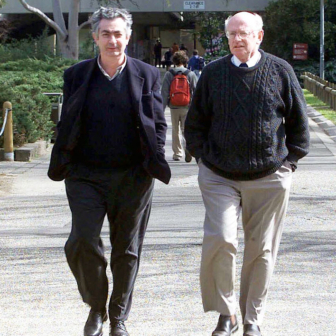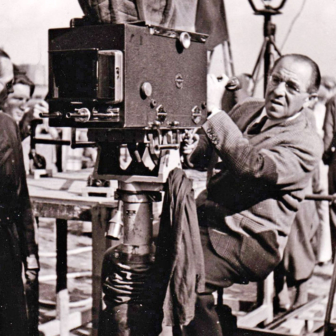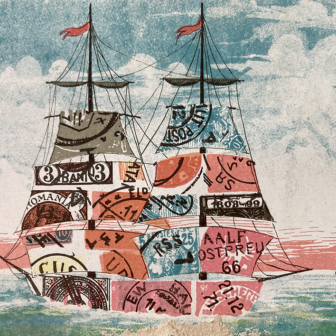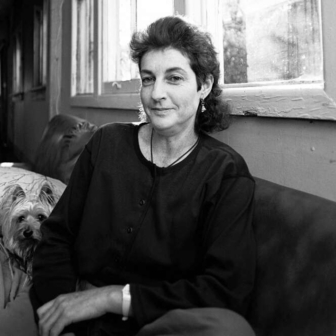The Prizefighter and the Playwright: Gene Tunney and George Bernard Shaw
Jay R. Tunney | Firefly Books | $39.95
HOLLYWOOD has made many movies about great boxers (The Fighter being the latest), but never one about the magnificent Gene Tunney, who held the world heavyweight title in the late 1920s. Tunney broke the mould. As handsome as Clark Gable, he brought to the sport the same high intelligence and rigorous self-discipline he applied to educating himself.
He was too smart for American boxing fans. They hated him for twice defeating their great hero Jack Dempsey, and for being a self-declared reader of books. Boxers read pulp fiction or boxing magazines, not literature. Public suspicions about Tunney were confirmed when a reporter visited his training camp in 1926 and discovered the champ with his nose in Samuel Butler’s The Way of All Flesh. The great George Bernard Shaw, Tunney told the reporter, regarded it as a masterpiece. Later, Tunney was to become as close as a son to GBS. Meeting Tunney at the Shaws’, Max Beerbohm was to observe that Tunney was an aesthete.
In The Prizefighter and the Playwright, Tunney’s younger son Jay tells the story of an extraordinarily touching relationship that helped to save his parents’ marriage from tragedy, and reveals a side of Shaw that his biographer Michael Holroyd – who describes Tunney’s career as “a Shavian romance” – may not have fully appreciated. •
